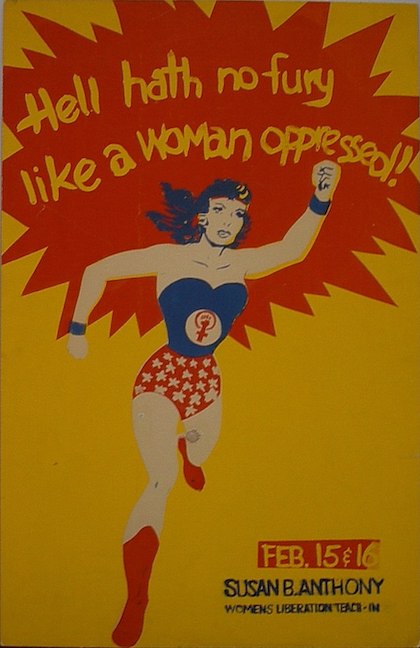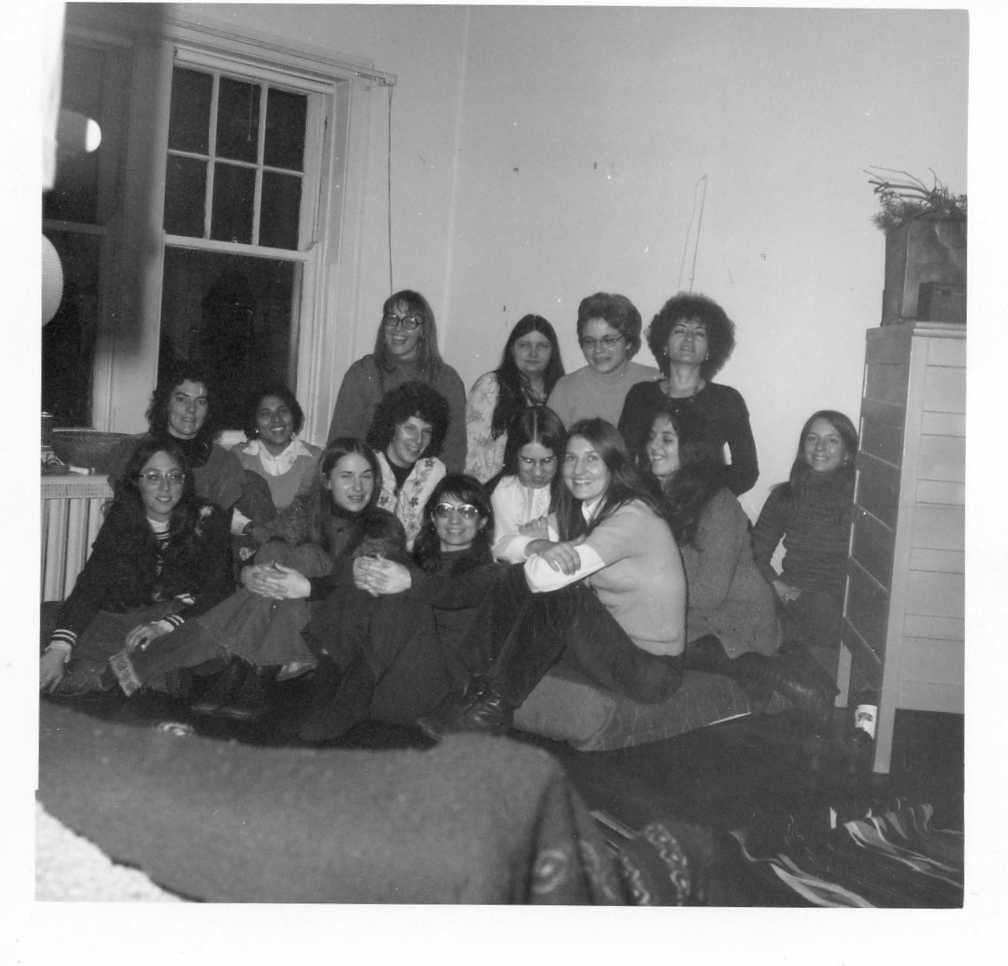A Short History of Women's Studies at UIC

Written by Dr. Judith Gardiner, GWS Co-founder and Emerita Professor
Originally published in the Women’s Studies Program Newsletter, 1999; revised 2007
After students at Kent State and Jackson State Universities were shot by National Guardsmen during protests against the U.S. war in Vietnam in 1970, many campuses across the country, including UIC, sponsored teach-ins to discuss their universities’ connections with the war and with contemporary movements for social change. I and a few other women involved with New University Conference (NUC), a politically radical but not feminist group, found ourselves defending the recent Women’s Liberation Movement against charges that feminism was trivial, exclusively personal, or divisive to left activism. As we defended feminism, we began to study it and join local women’s organizations. Philosopher Sandra Bartky and I, along with other women no longer at UIC, allied with women students who were active in campaigns for university-sponsored childcare and adequate health services.
On February 15, 1972, we held our own teach-in to celebrate Susan B. Anthony’s birthday and focus on women’s issues. We formed a new student and faculty women’s group called the Circle Women’s Liberation Union that affiliated with the Chicago Women’s Liberation Union, a city-wide umbrella organization for feminist activists who were also committed to fighting against racism and U.S. imperialism. (UIC faculty member emerita and feminist historian Peg Strobel has written about the history of the Chicago Women’s Liberation Union.).
The Circle Women’s Liberation Union in its first year developed a five-part proposal that many of us have been working to implement ever since: an academic Women’s Studies Program to make knowledge by, about, and for women in all fields accessible to students; a campus center for women’s services; free, full-time childcare on campus for the children of all students, faculty, and staff who wanted it; a women’s research and resource center; and adequate health services on campus for women.
In over three decades of organizing effort, we achieved most of these goals, although sometimes in scaled-down forms. For example, we helped establish the Circle Children’s Center on both sides of campus, an excellent provider of child care with innovative pedagogy and sliding scale user fees that is small in comparison to the potential demand.
A Short History of Women's Studies at UIC

The campus has several sources for research about women, including the collection of women’s manuscripts and documents in the library’s Midwest Women’s Historical Collection and the Jane Addams Hull-House collections and museum. The WSP was active in collaborating about women’s health with the College of Nursing and in founding the Center for Research on Women and Gender, which encourages faculty research and sponsors conferences, especially in the area of women’s health. The WSP also campaigned for an office for Re-Entry Women that survived only a few years before falling to budget cuts and for the Office of Women’s Affairs, now headed by Rebecca Gordon. WSP faculty, students, and staff have also served on the Chancellor’s Committees on the Status of Women and on the Status of Gay, Lesbian, Bisexual, and Transgender Concerns.
Trying to establish independent WS courses and also to integrate the new scholarship on women throughout the UIC curriculum has demanded continuous time and effort. Faculty and students studied together to design the original WS courses, an experimental interdisciplinary sequence first taught in 1973 by a teaching collective that included undergraduate and graduate students and faculty volunteering on unpaid overload. After a few years in which Women’s Studies courses remained popular with students, the WS Committee persuaded the College of Liberal Arts and Sciences (LAS) to add these courses regularly to the catalog, to include them as part of the faculty’s regular teaching loads, and to fund one half-time teaching assistantship. Developing and overseeing the WS courses and program was a volunteer, self-selected Women’s Studies Committee (WSC) that was recognized and then appointed by the Dean of LAS.